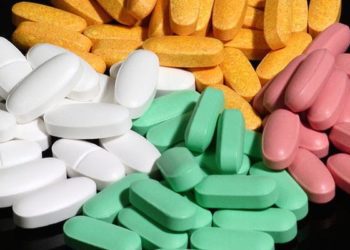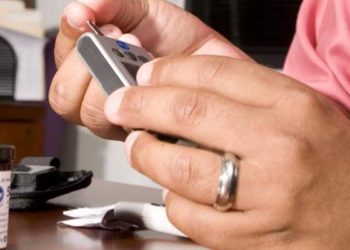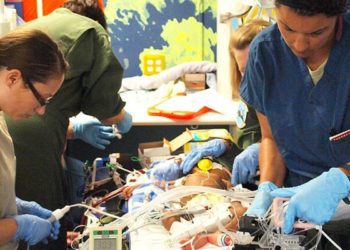Quick Take: Prevalence of aspirin use for primary prevention of cardiovascular disease in the United States
Aspirin (ASA) continues to be used for the primary prevention of cardiovascular disease (CVD) in patients at increased risk, despite evidence consistently demonstrating little benefit in cardiovascular event reduction and increased bleeding risk. Accordingly, the American Heart Association and American College of Cardiology (AHA/ACC) released new guidelines recommending against routine aspirin use in patients age 70 years and older and those at increased bleeding risk. The objective of this study was to characterize ASA use for primary prevention, in light of new guideline recommendations. The National Health Interview Survey (NHIS), a nationally-representative in-person household survey of American adult health and disability, asked participants age 40 years or older whether they were advised by a health care professional to take low-dose ASA to prevent or control heart disease, whether they followed such advice, and whether they independently took low-dose ASA (without recommendation). Participants with self-reported CVD history were excluded. Of 14,328 adults (mean age 57.5 years) without CVD, nearly 30 million participants (23.4%) reported daily ASA use. When stratified by age, 44.6% of those age 70 to 79 years and 46.2% of those over 80 years endorsed the same. Of those endorsing daily ASA use, 22.8% did so without a physician’s recommendation. Given recent recommendations against daily ASA use in those age 70 years or older, these findings suggest current practices are not in keeping with new guidelines for primary prevention. These findings also indicate that almost a quarter of patients using ASA daily for primary prevention may be doing so without their physician’s advice, and possibly without their knowledge. This underlines an increased need for health care providers to identify ASA use and provide appropriate counseling regarding risks and benefits.
Click to read the study in Annals of Internal Medicine
Image: PD
©2019 2 Minute Medicine, Inc. All rights reserved. No works may be reproduced without expressed written consent from 2 Minute Medicine, Inc. Inquire about licensing here. No article should be construed as medical advice and is not intended as such by the authors or by 2 Minute Medicine, Inc.







